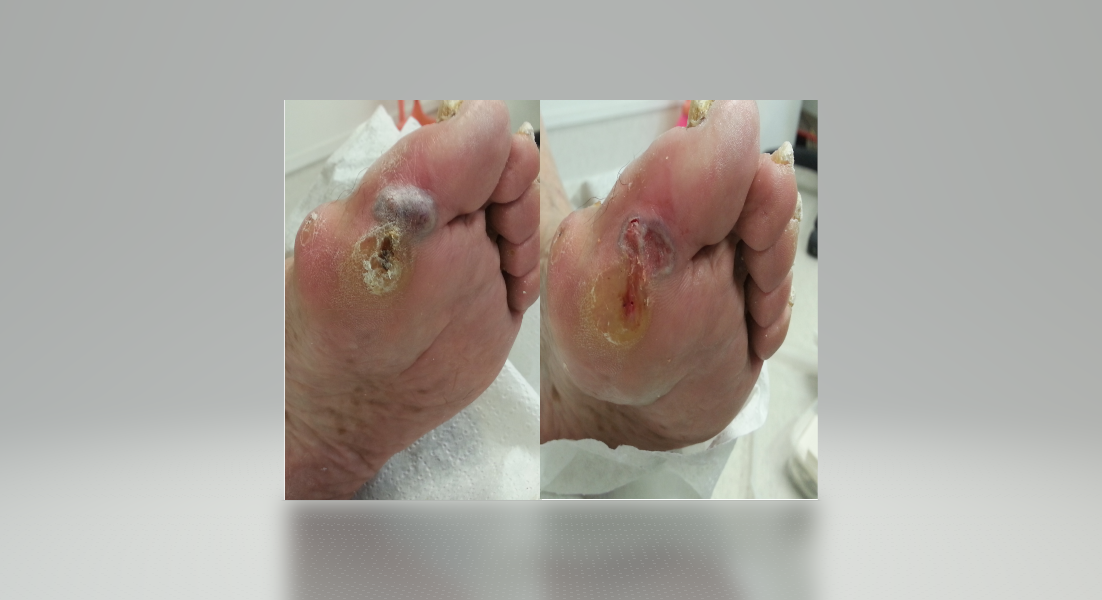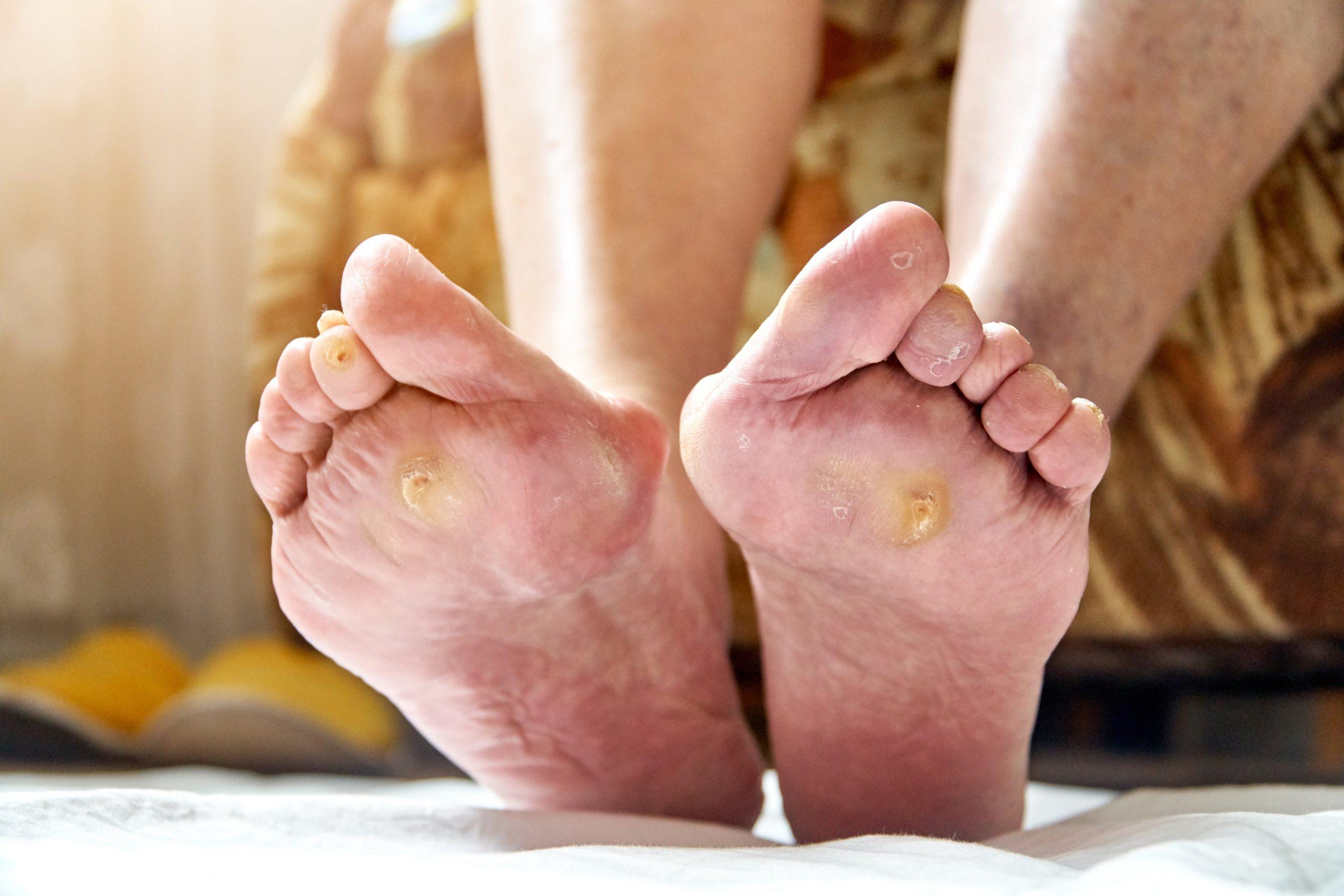
338 Main Road Huapai, 0810
338 Main Road Huapai, 0810
Safe, gentle podiatry to keep your feet healthy, even when you can’t feel problems starting.


Diabetes is a long-term health condition where the body struggles to regulate blood sugar (glucose) levels properly. This happens because of problems with insulin, the hormone responsible for moving glucose from the blood into cells for energy.
There are several types:
All types of diabetes can affect the feet by reducing circulation and sensation. This makes it harder to feel pain or notice injuries, and slows down healing, which is why podiatry care is so important.
Diabetes can reduce:
This means a small blister or cut can turn into a serious problem without being noticed.
Without proper care, this may lead to:
The good news: Regular podiatry care with us at Norwest Podiatry can dramatically reduce these risks.

Sensation testing & protection
Read moreTreatment Options for Diabetic Feet
Prevention Tips for Diabetic Feet

Yes. Nerve damage can mean you don’t feel problems until they’re serious.
Most people need at least 1–2 checks per year, but high-risk patients may need every 6–8 weeks.
No, you can book directly with us. If you have been identified as moderate-to-high risk by your GP or nurse, they may also refer you through the Primary Healthcare Pathways for podiatry care.
Yes. In fact, a podiatry-led medical pedicure is the safest way to manage skin and nails if you have diabetes, poor circulation, or other health conditions.
We assess your circulation, nerve function, skin, nails, and footwear, then provide treatment and a personalised care plan.
Copyright ©2025 Norwest Podiatry All Rights Reserved.